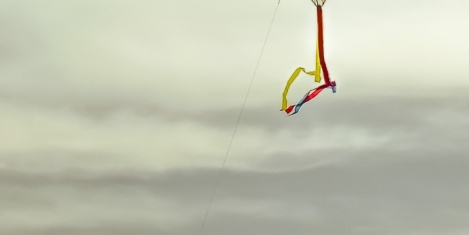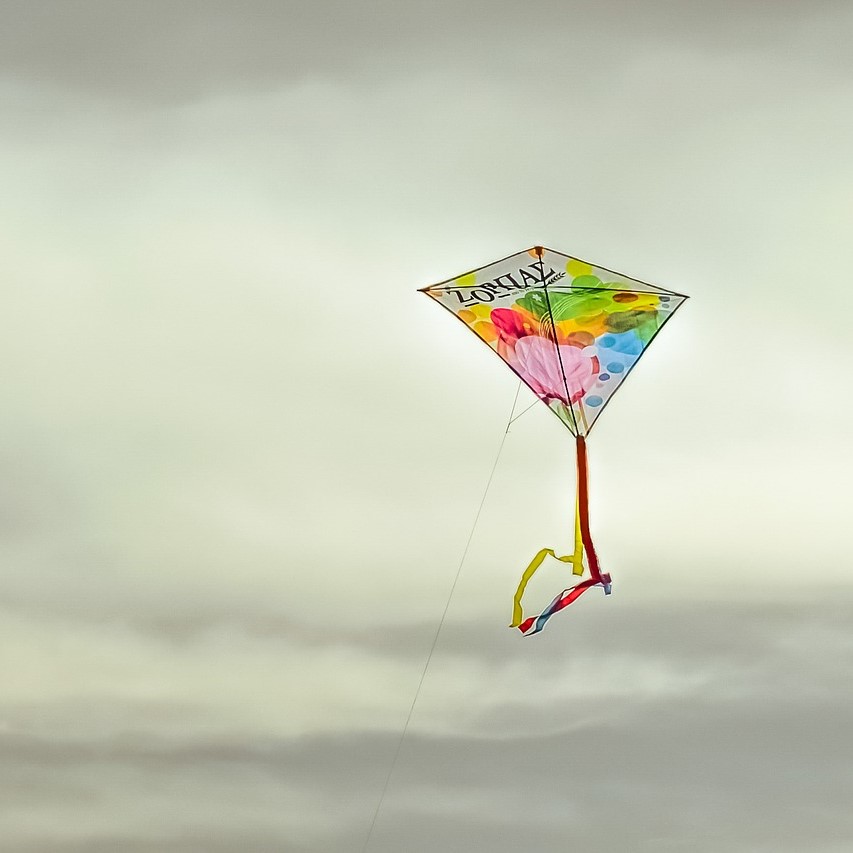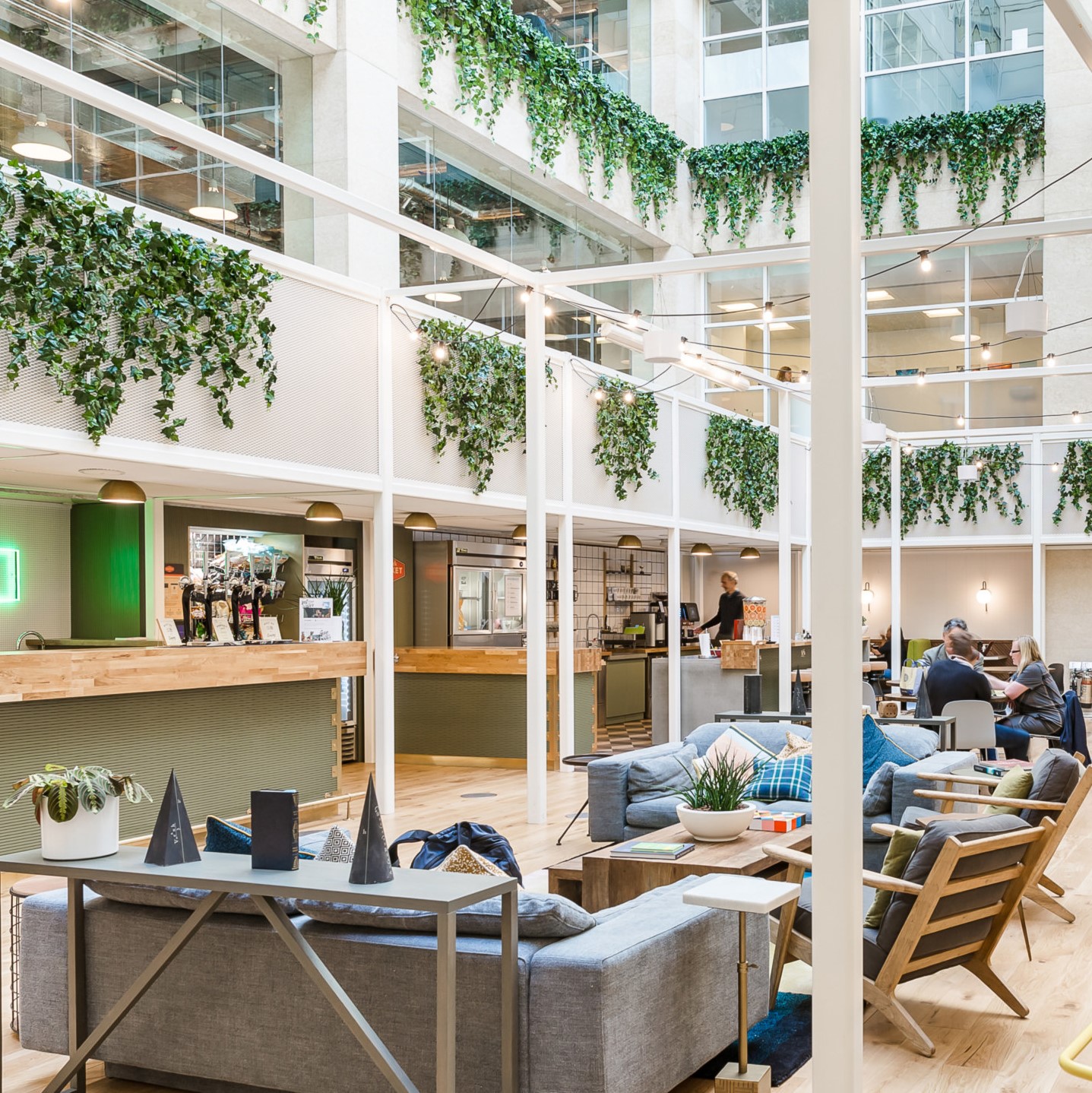December 7, 2022
Over half of offices not set up to optimise creativity and productivity
 A study from Unispace claims that the majority of workplaces are not set up to enable staff to work to their best ability. The results of the poll of 3,000 office workers and 2,750 employers across Europe, found that despite 78 percent of businesses stating that their office has been set up to enable staff to be creative and productive, over half (52 percent) of employers noted that creativity and innovation among their employees increased while work from home guidance was in place. Full findings can be found in Promoting workplace creativity and productivity [registration]. (more…)
A study from Unispace claims that the majority of workplaces are not set up to enable staff to work to their best ability. The results of the poll of 3,000 office workers and 2,750 employers across Europe, found that despite 78 percent of businesses stating that their office has been set up to enable staff to be creative and productive, over half (52 percent) of employers noted that creativity and innovation among their employees increased while work from home guidance was in place. Full findings can be found in Promoting workplace creativity and productivity [registration]. (more…)











 Perhaps the most famous single act of personal creativity – with apologies to Archimedes – is Mary Godwin’s moment of inspiration for the story of Frankenstein in 1816. It was born from a wet summer in a villa on the shores of Lake Geneva, largely spent with her future husband Percy Shelley, John Polidori and Lord Byron. The poor weather and isolation meant the party had to entertain themselves the best they could.
Perhaps the most famous single act of personal creativity – with apologies to Archimedes – is Mary Godwin’s moment of inspiration for the story of Frankenstein in 1816. It was born from a wet summer in a villa on the shores of Lake Geneva, largely spent with her future husband Percy Shelley, John Polidori and Lord Byron. The poor weather and isolation meant the party had to entertain themselves the best they could. 
 Feeling ostracised by family members has a negative effect on employee creativity, more so than feeling ostracised at work, claims new research from
Feeling ostracised by family members has a negative effect on employee creativity, more so than feeling ostracised at work, claims new research from 
 Originally published in December 2014. Homeworking seems to have become a bit of a hot topic this year, but one sentence published on the
Originally published in December 2014. Homeworking seems to have become a bit of a hot topic this year, but one sentence published on the 


















June 1, 2022
Not busy-ness as usual: how boredom may be one of the keys to creativity
by Mark Eltringham • Comment, Technology